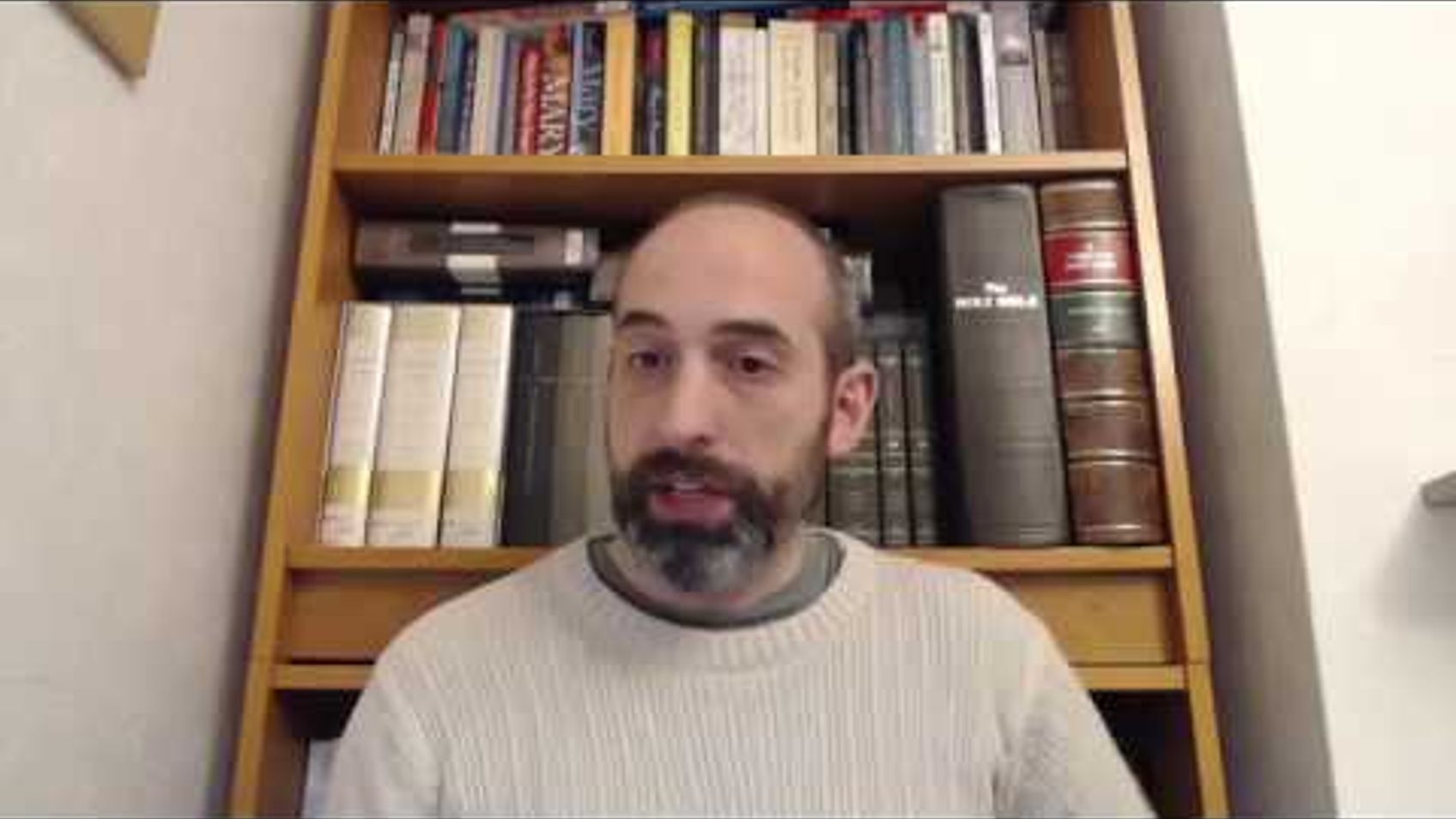Judging, Seeking, and Building (Matthew 7)

Jesus teaches his disciples concerning judgment, the Golden Rule, and warns them about hypocrisy and false teachers in the concluding part of the Sermon on the Mount.
If you have any questions or feedback, please send them to me on Curious Cat: https://curiouscat.me/zugzwanged.
If you have enjoyed my output, please tell your friends. If you are interested in supporting my videos and podcasts and my research more generally, please consider supporting my work on Patreon (https://www.patreon.com/zugzwanged), using my PayPal account (https://bit.ly/2RLaUcB), or by buying books for my research on Amazon (https://www.amazon.co.uk/hz/wishlist/ls/36WVSWCK4X33O?ref_=wl_share).
The audio of all of my videos is available on my Soundcloud account: https://soundcloud.com/alastairadversaria. You can also listen to the audio of these episodes on iTunes: https://itunes.apple.com/gb/podcast/alastairs-adversaria/id1416351035?mt=2.
More From Alastair Roberts






More on OpenTheo















